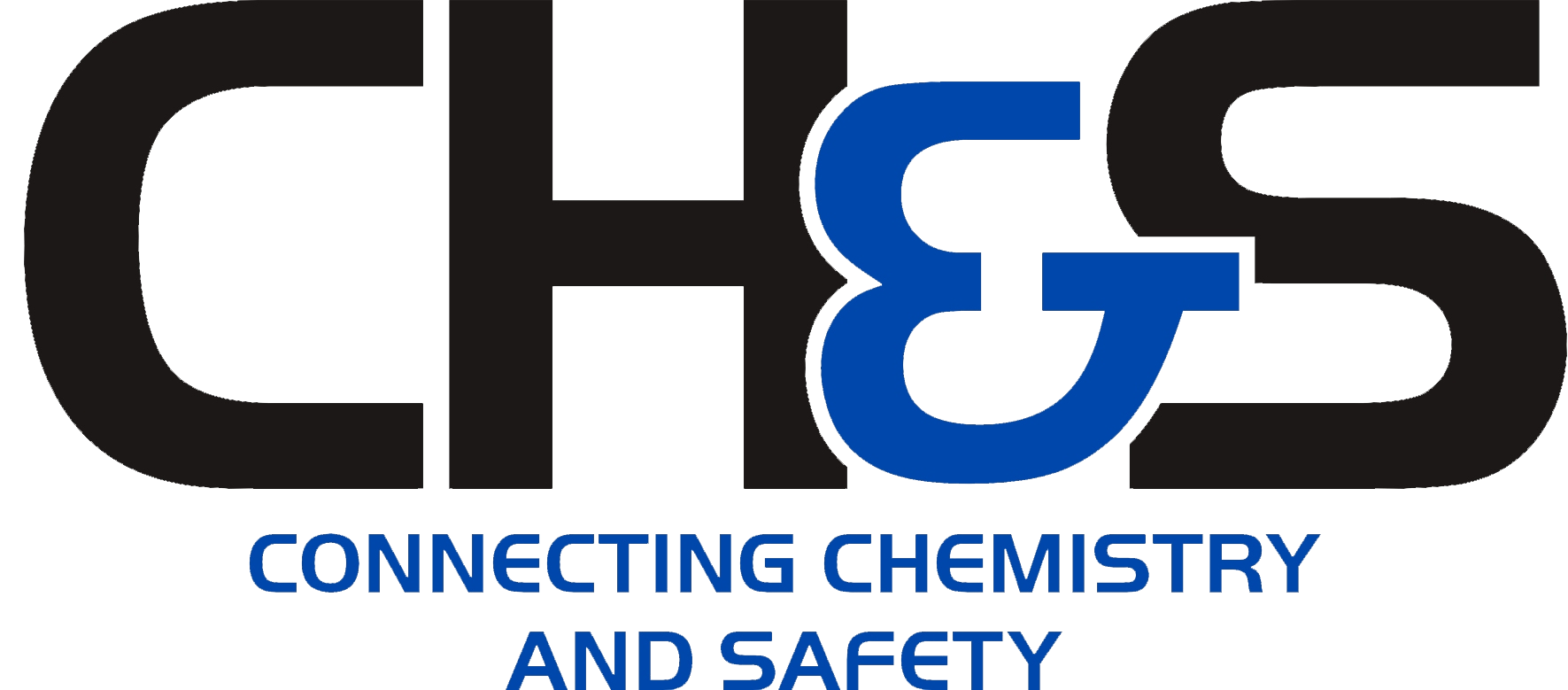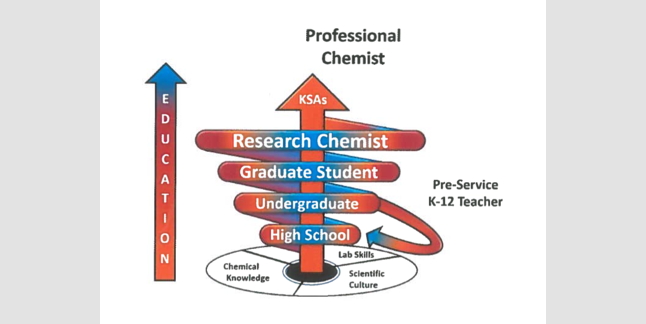The Editor’s Spotlight for the May / June 2018 issue of the Journal of Chemical Health and Safety is shining on:
Chemical safety education for the 21st century — Fostering safety information competency in chemists by
Samuella Sigmann
The abstract for this article is:
During the education process, each person strives to acquire the necessary skill set or set of competencies needed to be successful in their selected career. For example, a job listing for a bench chemist might state that the successful applicant should have a BS in chemistry, (knowledge), be familiar with common laboratory operations (skills), and be a contributing member of a team (attitude). It is our job as curriculum designers and educators to give our students the competencies they will need to be successful. The chemistry curriculum must include those competencies needed for working safely in a chemistry research laboratory.
This can be accomplished by weaving the knowledge component of competencies spirally into the chemistry major’s curriculum. We cannot assume that a student who has successfully completed a bachelor’s degree in chemistry has acquired the necessary competencies to perform a risk assessment or read a safety data sheet (SDS). Skill-based laboratory activity is valuable and can be specifically transferred to the next task, but knowledge and attitudes assist future learning in a nonspecific transfer and must be taught as ideas and principles. This work looks at the competencies required to be a chemist from an historical point and suggests ways that chemical safety information can be infused into the twenty-first century chemistry curriculum using embedded safety professionals, risk assessment, and SDSs to broaden and deepen safety knowledge.
This article and the rest of the issue can be found at ScienceDirect site
Also included in this issue of JCHAS are:
Chemical safety information in the 21st century
Ralph Stuart
Collecting reaction incident information: Engaging the community in sharing safety learnings
Carmen I. Nitsche, Gabrielle Whittick, Mark Manfredi
Baseline survey of academic chemical safety information practices
Leah McEwen, Ralph Stuart, Ellen Sweet, Robin Izzo
The chemical safety gateway: Beyond Google’s limitations
Abe Lederman, Sol Lederman
ACS’s Hazard Assessment in Research Laboratories website: An important safety culture tool
Kendra Leahy Denlinger


Good post here. One thing I would like to say is the fact that most professional areas consider the Bachelor’s Degree like thejust like the entry level standard for an online diploma. Though Associate Diplomas are a great way to get started on, completing the Bachelors presents you with many doors to various professions, there are numerous online Bachelor Diploma Programs available from institutions like The University of Phoenix, Intercontinental University Online and Kaplan. Another thing is that many brick and mortar institutions offer Online editions of their qualifications but generally for a extensively higher fee than the firms that specialize in online qualification plans.